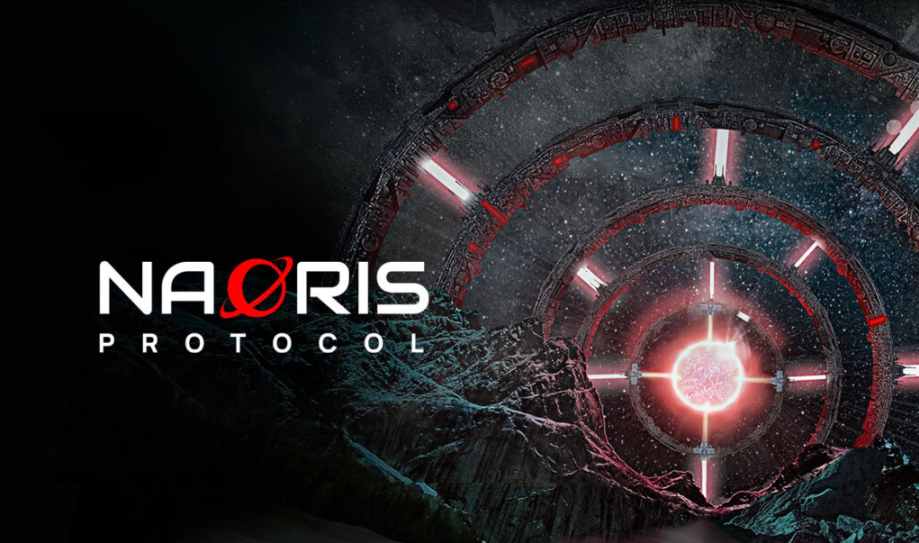Naoris Protocol gets $11.5 million in funding to tokenize cybersecurity

Having just banked $11.5 million in funding, Naoris Protocol says it’s on a mission to scale up the adoption of a decentralized cybersecurity mesh of validator nodes to shore up network defenses, making them stronger as they grow to encompass more devices.
The company is backed by a host of investors, including Tim Draper, Holt Xchange, Holdun Family Office, Holdun Opportunity Fund, Brendan Holt Dunn, Expert Dojo, Uniera, SDC Management, Level One Robotics, and a number of unnamed NBA and tennis stars.
Naoris Protocol is attempting nothing less than to revolutionize the way network security is implemented in order to build safer information-sharing environments based on a decentralized architecture. With its protocol, network devices will validate each other within a tokenized machine economy in order to eliminate single points of failure.
It’s a compelling idea because traditional networks have always become weaker the more they grow. As new devices are added, it creates more endpoints that can potentially be exploited by hackers looking for a way in. Naoris Protocol turns this on its head thanks to its novel consensus mechanism, called Distributed Proof of Security (dPoSec), which runs on a purpose-built, security-focused blockchain that’s able to perform thousands of transactions per second. The blockchain is based on a sharding architecture called Verge Clusters, which provides use-case-specific security and compliance logic that helps to ensure the integrity of all devices and processes running on a network.
At the core of Naoris Protocol is the CYBER token, which must be spent to add new machines to the network. The CYBER token is used to monetize trusted cyber security, serving as an incentive for network participants to identify vulnerabilities and secure networks.
Within networks that run the Naoris Protocol, participants must hold CYBER tokens to incentivize validators to continuously ensure the trust status of each device. In this way, each new device that’s added to the network goes through an onboarding process that ensures they carry no known risks or vulnerabilities. Once done, that device becomes a cyber trusted validator, helping to validate every other device on the network for trusted behavior. As such, tokenization provides value for network participants to maintain the health of the system, creating an impenetrable cyber secure environment, the company said.
Naoris Protocol will launch by the end of the year and believes its unique approach of decentralized security can be customized to various industries, including banking and healthcare, as well as governments and the entire Web3 stack. It’s consistent with modern zero-trust architecture too, while the protocol itself is community-governed and censorship-resistant.
Most of all, Naoris Protocol says it’s the most pragmatic solution to cybersecurity and one that can be widely adopted and implemented across Web3 within the next few years, complete with self-healing capabilities and the ability to scale almost indefinitely.
“We have reached an important milestone for Naoris Protocol backed by the most visionary VCs both in blockchain and deep tech,” said Naoris Protocol c0-founder and Chief Operating Officer Monica Oravcova. “After an extensive period of research and development activities, we are moving into the next phase of serving our growing customer portfolio in the web2 and web3 space.”

